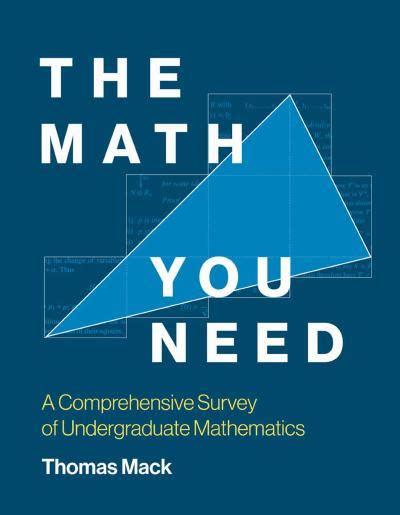Introduction
Mathematics is the cornerstone of scientific discovery, technological advancements, and countless other disciplines. For students who excel in numbers, pursuing a mathematics undergraduate degree can open doors to diverse and rewarding careers. This guide explores the top colleges and universities in the United States that offer exceptional undergraduate mathematics programs.

Top-Ranked Mathematics Colleges and Universities
According to the 2023 U.S. News & World Report Best Colleges rankings, the following institutions are consistently recognized for their outstanding mathematics programs:
| Rank | Institution | Location |
|---|---|---|
| 1 | Massachusetts Institute of Technology (MIT) | Cambridge, MA |
| 2 | Harvard University | Cambridge, MA |
| 3 | Princeton University | Princeton, NJ |
| 4 | Stanford University | Stanford, CA |
| 5 | California Institute of Technology (Caltech) | Pasadena, CA |
| 6 | University of Chicago | Chicago, IL |
| 7 | University of Pennsylvania | Philadelphia, PA |
| 8 | Yale University | New Haven, CT |
| 9 | Columbia University | New York, NY |
| 10 | Cornell University | Ithaca, NY |
Program Highlights
The mathematics undergraduate programs at these top colleges offer a rich blend of theoretical knowledge and practical applications. Students can expect:
- Core Mathematics Courses: Calculus, linear algebra, abstract algebra, analysis, differential equations
- Elective Options: Specialized courses in areas such as topology, probability theory, number theory, computational mathematics
- Research Opportunities: Hands-on involvement in faculty-led research projects
- Internships: Industry experience at leading tech companies, financial institutions, and government agencies
- International Exchange Programs: Opportunities to study at partner universities worldwide
Careers in Mathematics
Mathematics graduates possess a versatile skillset that opens up a wide range of career paths, including:
- Academia: Research mathematicians, university professors
- Industry: Data scientists, financial analysts, software engineers
- Government: Statisticians, economists, national security analysts
- Education: High school and college mathematics teachers
- Consulting: Business analysts, risk managers
- Build a Strong Foundation: Master basic arithmetic and algebra early on.
- Practice Regularly: Solve problems consistently to improve computational proficiency.
- Seek Clarification: Ask questions when needed and engage with professors and classmates.
- Study in a Group: Collaborate with peers to reinforce concepts and enhance learning.
- Utilize Technology: Use graphing calculators, mathematical software, and online resources to aid in understanding.
- Procrastinating: Start studying and practicing early to avoid feeling overwhelmed.
- Memorizing Formulas: Focus on understanding why formulas work rather than just memorizing them.
- Ignoring the Basics: Neglecting foundational concepts can hinder progress in advanced mathematics.
- Fear of Failure: Mistakes are inevitable. Embrace them as opportunities to learn and grow.
- Comparing Yourself to Others: Everyone progresses at their own pace. Focus on your own progress.
Conclusion
Choosing the right college or university for your mathematics undergraduate degree is a crucial decision. By considering the rankings, program highlights, career prospects, and tips provided in this guide, students can identify the institution that best suits their academic and career goals. Embracing the challenges and pursuing a mathematics degree can unlock a world of possibilities in science, technology, and beyond.
